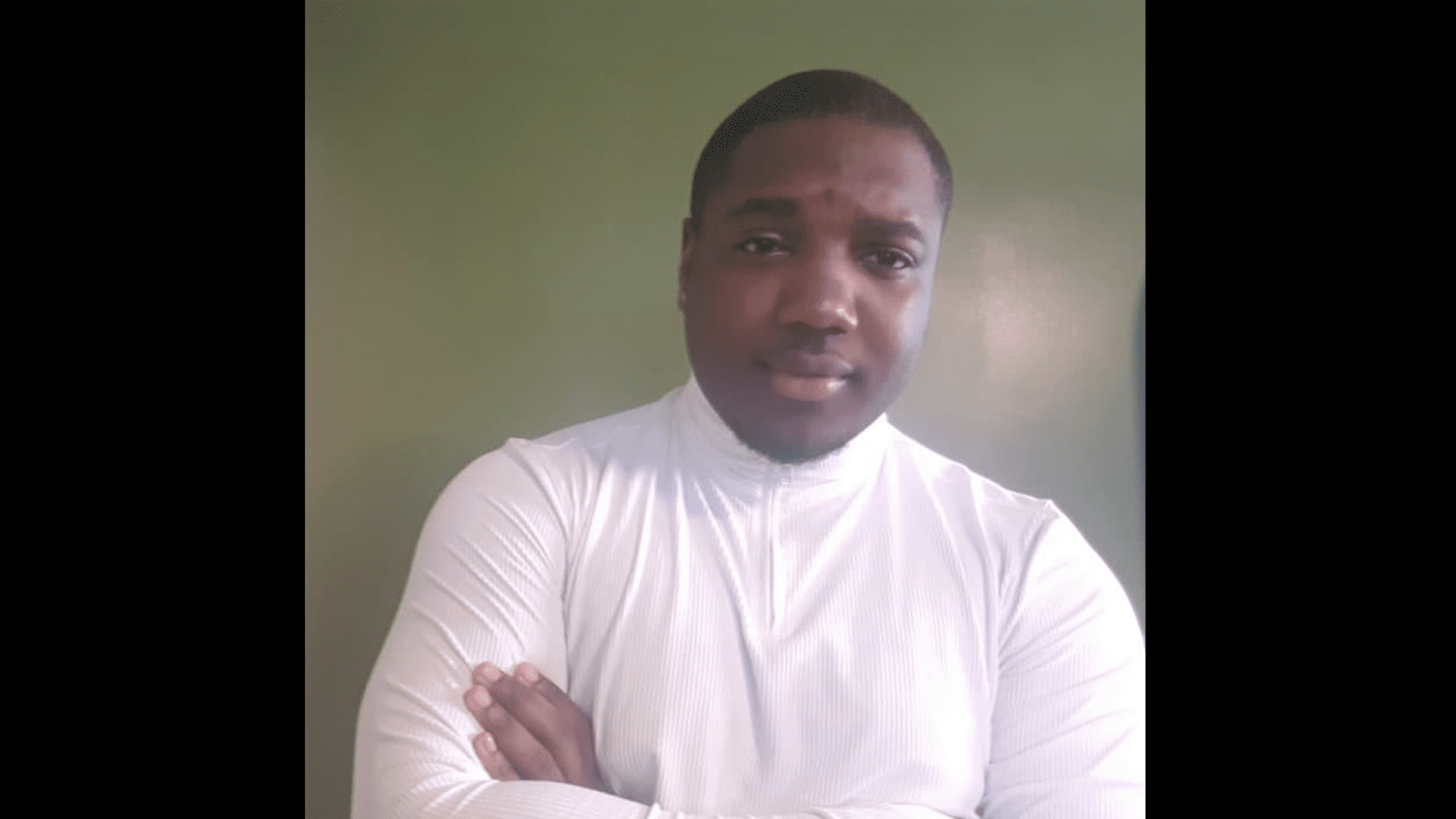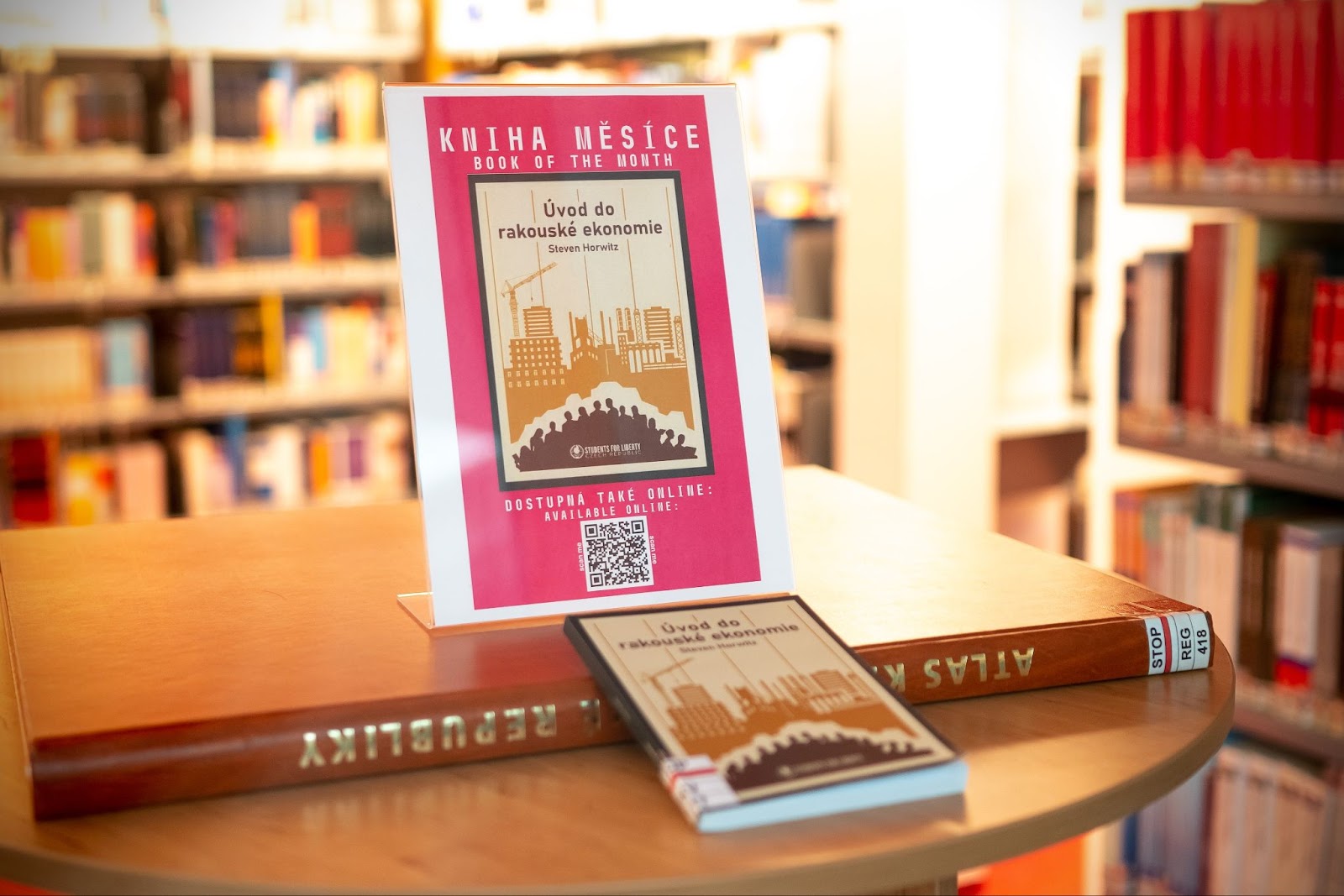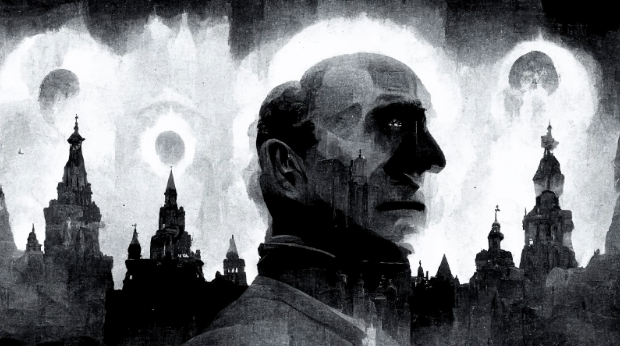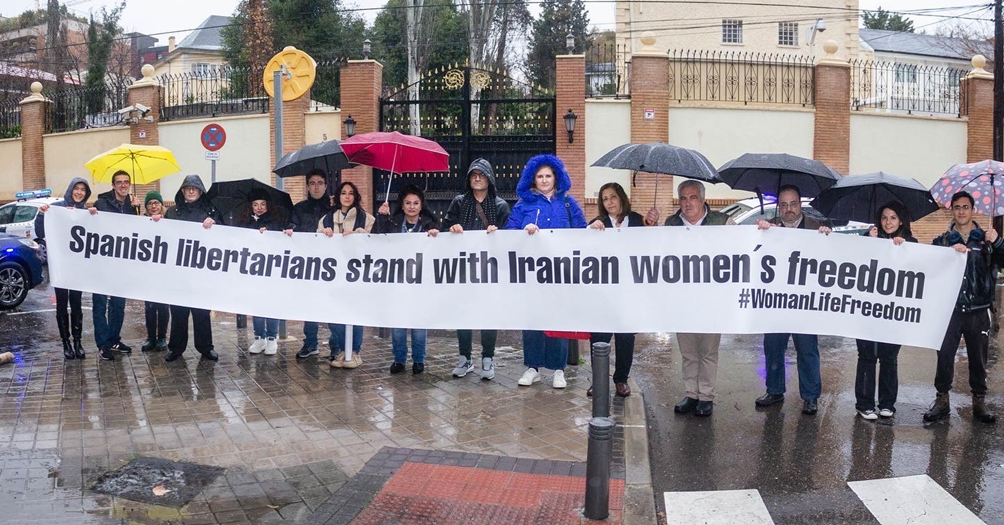My journey to libertarianism began the moment I first heard its core claim: the non-aggression principle (NAP). Any ideology dedicated to peace, justice, and equal treatment seemed like a compelling ideology to me.
Regretfully, my introduction to the broad concept of libertarianism was similar to that of many others my age, that is, through the lens of Ben Shapiro’s many YouTube debates in 2016, wherein the conservative commentator pitted himself against unprepared young progressives.
However, as one of the debate team captains at The English High School, in Boston, I felt compelled to inquire further about the libertarian ideology that captured the interest of such seemingly brilliant minds. This would begin my journey into a world of competing interpretations of libertarianism.
Consistently, I would find one recurring idea discussed across all ideological sectors of the libertarian sphere. That is: the non-aggression principle involves freedom from aggression by any party, outside of the bounds of self-defense. It exists at the root of nearly all branches of libertarian thought. What drew me closer to the liberty movement was this core connection to the NAP that resonated strongly with me across all my modes of activism throughout high school.
In my freshman year at Northeastern University, I found Lexi Osborn promoting the 2018 Students For Liberty regional conference at Harvard University. Coming from a background of activism, I saw this event as the perfect opportunity to build connections and become an actor in this space.
I heard speakers such as Rachel Rollins discuss what supporting freedom and equity among sex workers and disenfranchised people looks like. Also, the fact that racism in society remains a very real problem is acknowledged in libertarianism as a threat to civil liberties, especially in terms of policing. This conference became the catalyst for my transition to an advocate for justice as a libertarian.
The libertarian message expressed at this conference truly resonated with my core experience in activism. As a senior peer leader at Boston Gay and Lesbian Adolescent Social Services (GLASS), I saw and experienced first hand what oppression looks like in the LGBTQ community.
As a young black man, I have always been dedicated to fighting injustice wherever I find and experience it. When a student at my high school was shot by one of our deans, there were no national news cycles or support for our students. When the state of Massachusetts decided that a school provided with additional resources was cheating on a standardized test, there was still no justice. Needless to say any more, I have come from a background of witnessing and experiencing injustice.
Now, as a libertarian my purpose is to introduce more minorities to our ideas. I will also fight for their freedoms, something that the two major parties have often promised to do but have consistently failed to deliver.
In 2021, amid the chaos of a global pandemic, I find myself sitting as the Libertarian Party of Boston’s first black Chairperson and the owner of a financial consultancy, able to implement libertarian ideals and fight for liberty in my community far more effectively. I hope that many others who explore the ideas of liberty can learn and grow from my experiences.
This piece solely expresses the opinion of the author and not necessarily the organization as a whole. Students For Liberty is committed to facilitating a broad dialogue for liberty, representing a variety of opinions.






